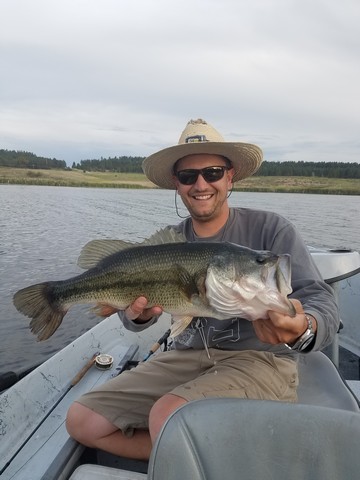About the Southwest Tribal Fisheries Commission
A Brief History of the origin of the Commission:
The Southwest Tribal Fisheries Commission (SWTFC) was formed in April 2002 in response to the closure of the Mescalero National Fish Hatchery (NFH) and the chronic erosion of funding and maintenance at the Alchesay and Williams Creek NFH complex located on the White Mountain Apache tribal lands in Arizona. Unlike other fisheries commissions focused on fulfillment of federal treaty obligations, such as the Northwest Indian Fisheries Commission and Great Lakes Fish and Wildlife Commission, the SWTFC is a coalition of tribes in the southwest which seeks to assist tribal fisheries programs by providing technical skills and support needed to move good ideas and projects from the conceptual phase to reality.
Fishery resources are culturally and economically important to Southwestern Tribes. Although diverse in terms of their actual resources and needs, all SWTFC member Tribes share a common goal of moving toward self-determination and self-sufficiency through development or enhancement of sustainable recreational and native fisheries. Some fisheries programs are well developed while others need support or technical resources to realize their potential. Tribes often have a specific vision of their fisheries management but need additional support and technical assistance to achieve that vision. All are committed to responsible and professional stewardship of these resources.
With a collective desire to succeed as a united coalition, the SWTFC has seized on opportunities, overcome challenges, and built trust among its member Tribes, as well as with several Federal, State, and non-governmental organizations. In the nearly fifteen years since its inception, the organization has progressed from relative anonymity to a recognized and respected voice for tribal fishery and natural resource issues facing southwestern tribes.
MISSION AND VISION STATEMENTS
Since its inception, the mission of the SWTFC has been to advance tribal self-determination and tribal stewardship of fisheries resources through the professional development and support of tribal resource management programs.
Our vision is to provide the technical skills and support needed to move individual tribal fisheries programs and projects from the conceptual phase to reality by assisting tribes with creating and facilitating inter-governmental and non-governmental partnerships, providing advocacy needed to obtain funding and support, and providing tangible services in the form of technical assistance and equipment.

